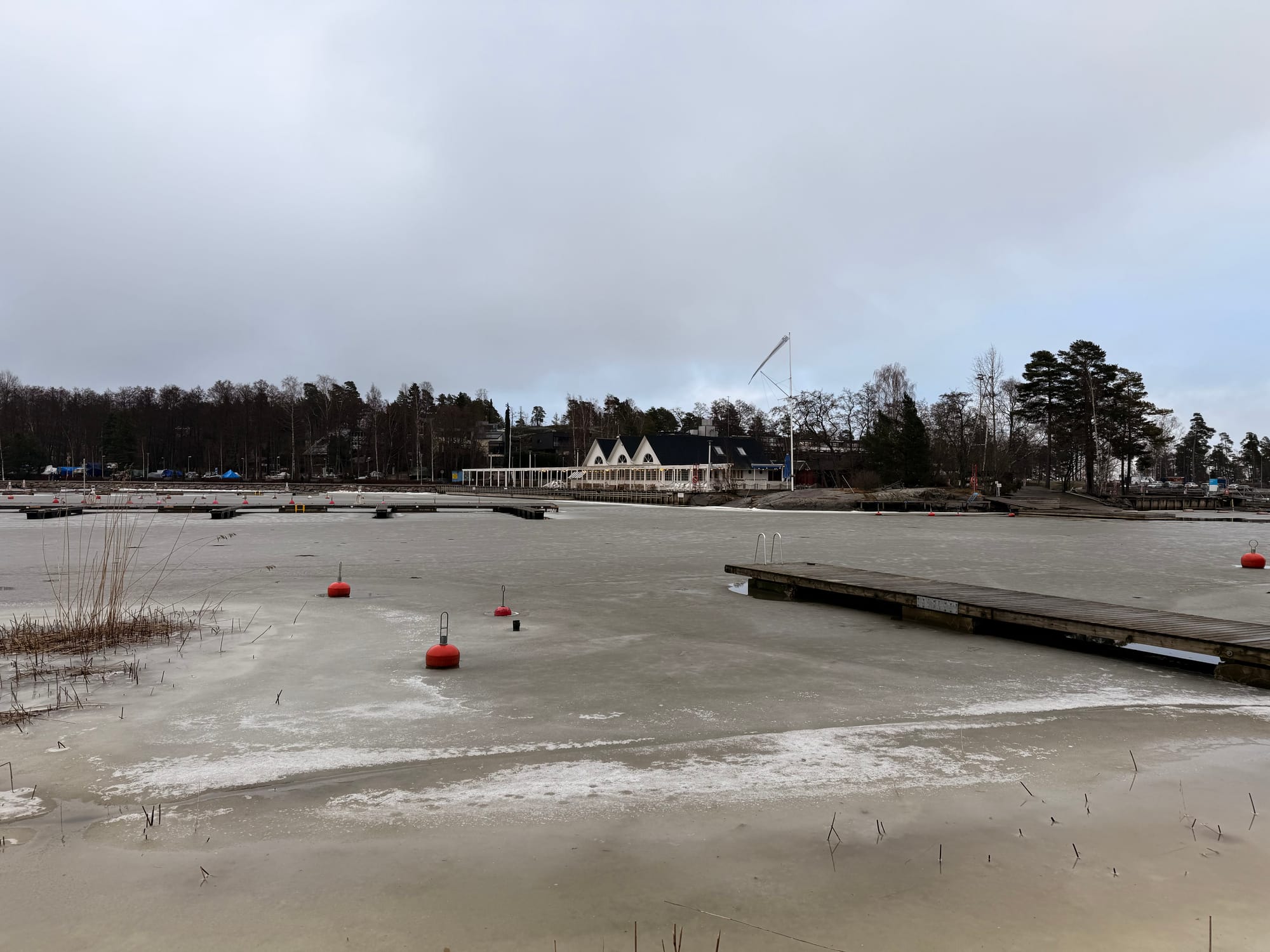Last updated: March 2, 2025

NL49 - how does a city form
Kindle bad + AI poet + chip designer + good bye Finland
Hello from my home in Matinkylä! This is NordLetter #49, a weekly newsletter on living and walking in Finland. Each week I share some of the interesting things I found on the web.
Previous editions can be found here. You can reach out to me by replying on this mail or adding a comment on this. I am also posting on Mastodon.
how do cities form?
Things start as a settlement. It might be resources, that draw people to a location. It might be location, maybe there needs to be a place for people to rest on their way to someplace else.
Things start as a settlement. If the settlement supports further growth, it becomes a town.
Every city starts as a slum. As a settlement grows, the slums keep moving further out from the centre, in concentric circles. While the slums inside the city are transformed, consumed in the thing that is the city.
why do people in villages move to cities?
Why would you leave a brick house with two mango trees and a view of the hills to live in a slum in a city?
For a better life for the children.
Today, you live in a slum. But tomorrow, your children might buy a property in the city.
Life in the cities is generally better than the villages. Even if it is just 1% better, that difference compounds over time and different things. Healthcare is better, access to modern amenities (electricity, sewage, schooling).
why did I move to live here?
In search of a better life. For me, sure, but also for my child.
It’s the same reason my father left his village in Agarpur, Bihar to move to Delhi. I guess he enjoyed life in Bihar. He moved in search of better opportunities. He moved for a better life for his children.
I might think, that after retirement it might be a good idea for him to move back to the village. Noida is polluted all the time. But he probably would not. The city is just better in most things.
I moved here for a better life.
Which is not to say life in India is bad. Even if things are 1% better, that compounds over time and over different things.
/five things to share
1. Amazon now openly discloses you’re buying a license to view kindle books.
This change is only live in California thanks to a law that demands it. In this age of digital products, it does not come as a surprise. We really don’t own anything.
2. The Stochastic Parrot Sings Back - Hugh Howey and The Prismatic Mind - Hugh Howey
Hugh Howey asks Deepsek to write some poetry. The results are moving. Really, no sarcasm here, read those two poems.
3. AI-designed chips are so weird that ‘humans cannot really understand them’ — but they perform better than anything we’ve created
In this case, however, researchers at Princeton Engineering and the Indian Institute of Technology posited that deep-learning-based AI models could use an inverse design method — one that specifies the desired output and leaves the algorithm to determine the inputs and parameters.
This is the dream, that these models can think up things and unlock solutions that we just can not think of.
4. How to Change Your Meta Settings | Make yourself less valuable to Meta. Brought to you by Last Week Tonight with John Oliver.
These are fairly simple to do.
5. Thank you Finland — and goodbye
YLE features a selection of interviews from people having to say goodbye to Finland.
/new posts
These are the posts I’ve written this week. Click the links to read them.
- Liu, Cixin - The three-body problem - A review
- LLMs are being deployed in factories
- Things change when you become a parent
- Walk a little
- Spring already?
If you enjoyed reading this, and know someone else who might, please consider forwarding this to them. It would help this grow and make me happy. 😄
Until next week.